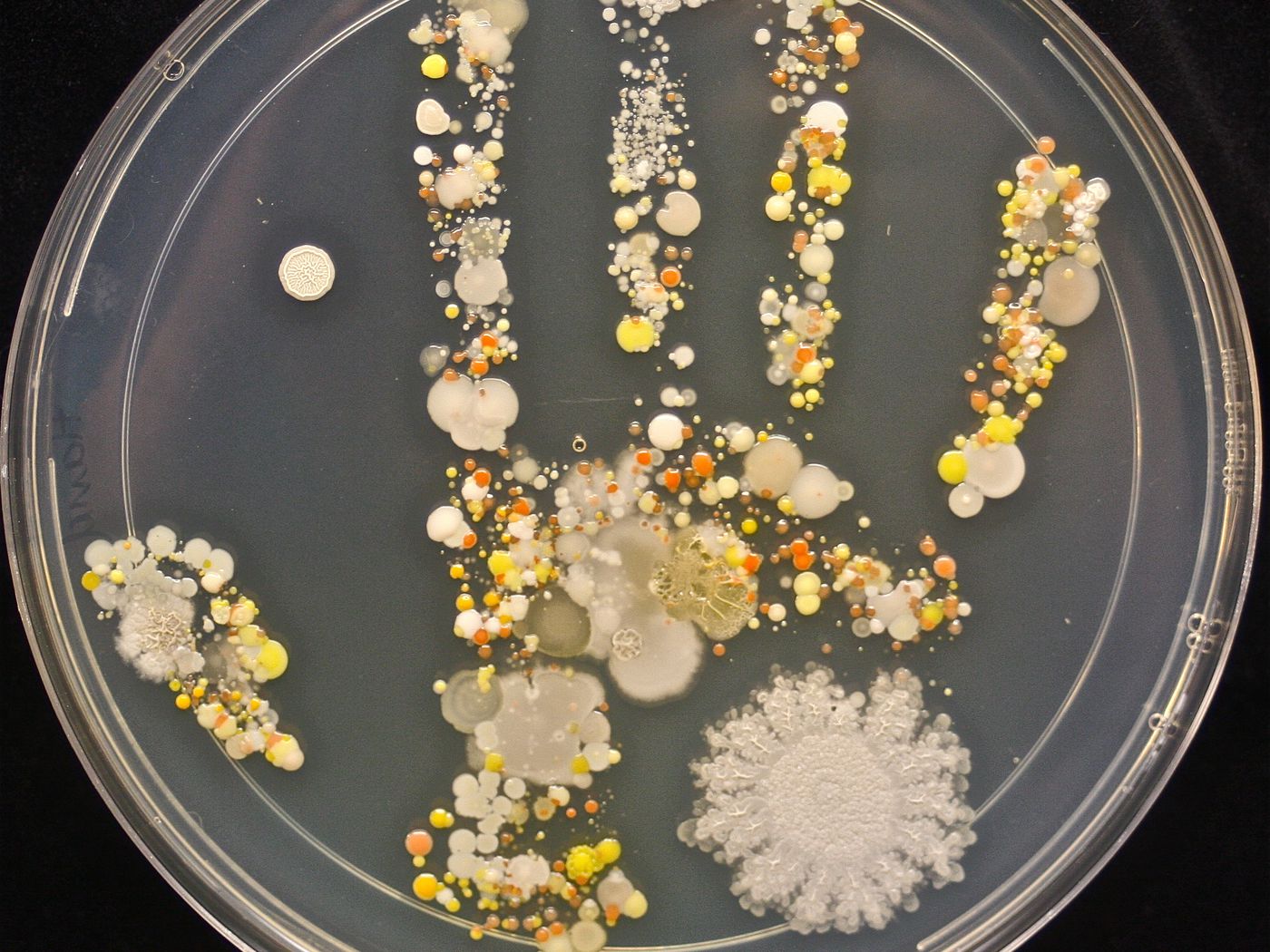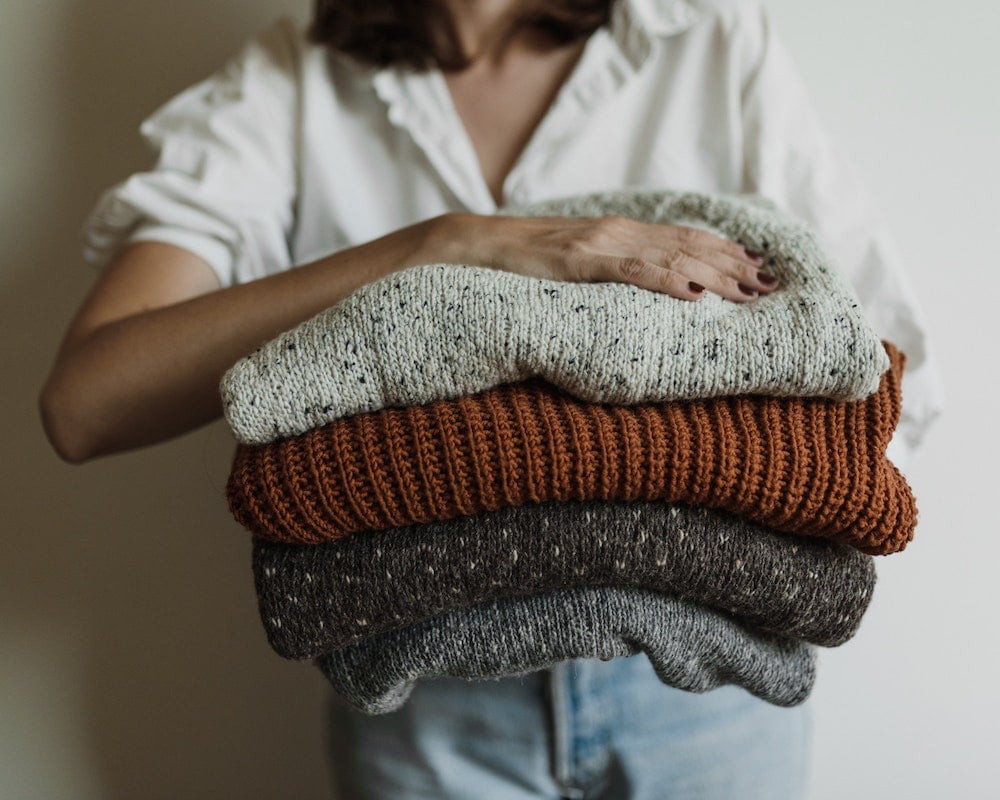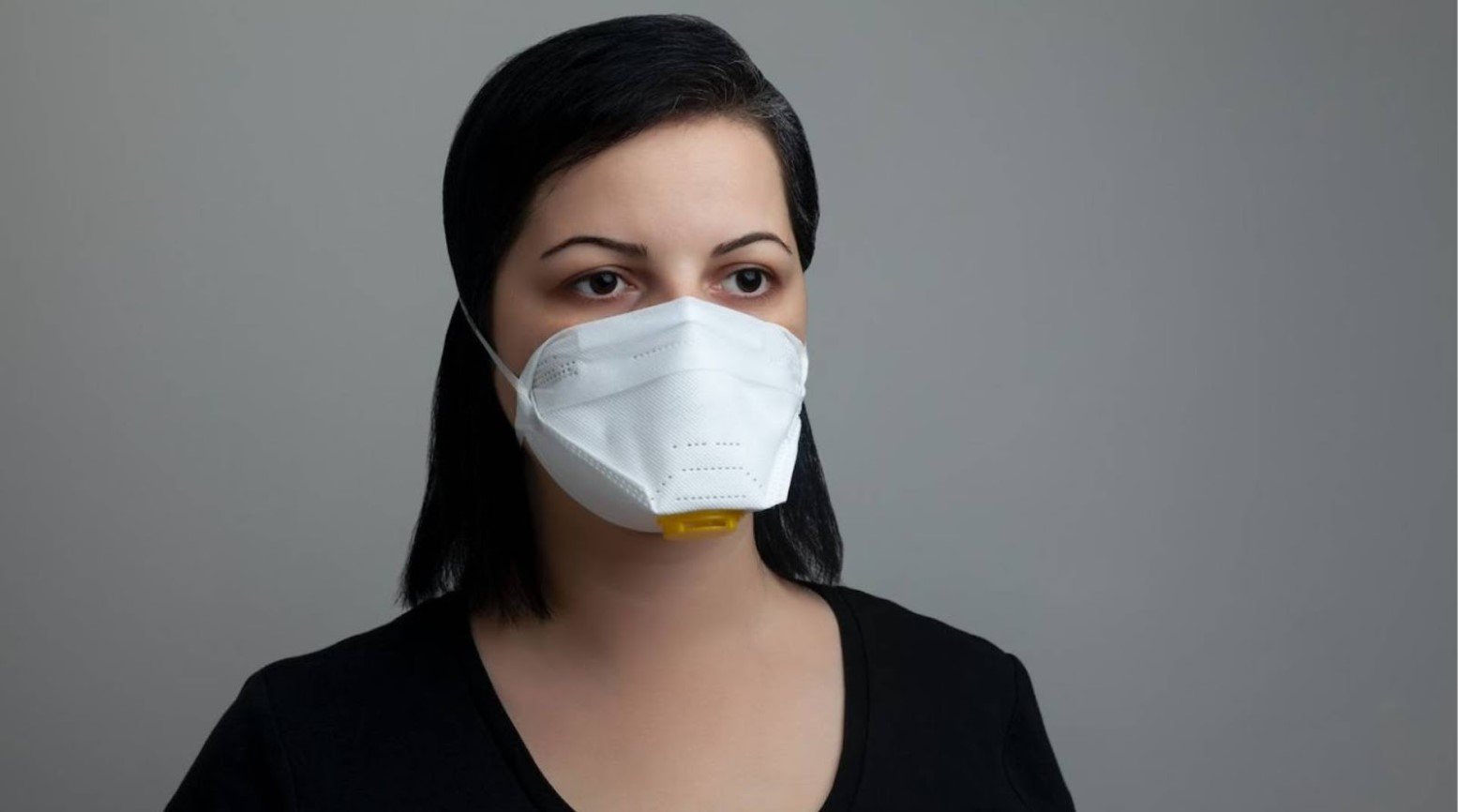The COVID-19 era was one that had us engaged in numerous activities we never imagined we would. In a desperate need for survival, we engaged in social distancing, got our hands dry with alcohol-based hand sanitizers, worked remotely, avoided gatherings, and lots more.
While some of the precautions we took seemed like a no-brainer, others were the subject of criticisms, conspiracy theories, controversy, and debates. Just like the Covid-19 vaccination, wearing face masks was one of such hot topics at the time.
Many people wondered about the effectiveness of face masks. Did they truly protect us from contracting Covid-19? Were the face masks part of the government’s agenda to reduce population? Did it matter the materials the masks were made from? There were too many questions begging for convincing answers.
We are no longer in the heat of COVID-19, and things have gone back to normal for the most part. However, science has finally produced answers to questions about the effectiveness of facemasks, and it’s important to share.
In an interview that spanned an hour, Dr. Jon LaPook, CBS News chief medical correspondent, asked Linsey Marr, a Virginia Tech University professor and aerosol science specialist, about the efficacy of face masks. The answer was simple: “They are very helpful in reducing the chances that the person will get COVID because it’s reducing the amount of virus that you would inhale from the air around you.”
Marr explained that there’s no mask that guarantees 100% protection from viruses. For example, the N95 is touted to be one of the most effective face masks ever. According to Marr, it’s at least 95% efficient in filtering airborne particles. This means that there’s still a risk of becoming infected with the COVID-19 virus while using the N95, even though it’s very slim.
Wearing masks, even those with 80% effectiveness, is much better than no masks at all, as it significantly reduces your risk of a viral infection. Marr says that high-quality masks act as filters as opposed to sieves, trapping virus particles as they try to pass through layers of fibers.
Marr compared using a facemask to running in the woods. If you want to navigate the forested areas seamlessly, you’d have to walk slowly and intentionally. However, forcing yourself through the forest at high speeds increases your risk of bumping into a tree. In her words, “Masks, even cloth masks, do something.”
Another topic Marr threw light on was whether contaminated face masks could result in infection. Well, contrary to what you may think, Marr said there’s no evidence to support the claim that a person can get infected when a contaminated mask comes in contact with their eyes, noses, and mouths.
She disclosed that her team pulled aerosolized coronavirus through a mask and examined it. Findings showed that while some cloth masks still held viral particles after a while, the N95s and surgical masks had no surviving virus.
When the team placed artificial skins in contact with the masks’ surface, they discovered that no infectious virus transferred to the stimulated skins. “I hope the study kind of shows that it’s something we don’t need to worry about as much as we were told,” she concluded.











































